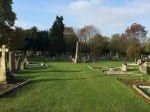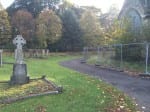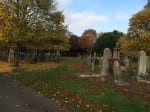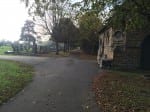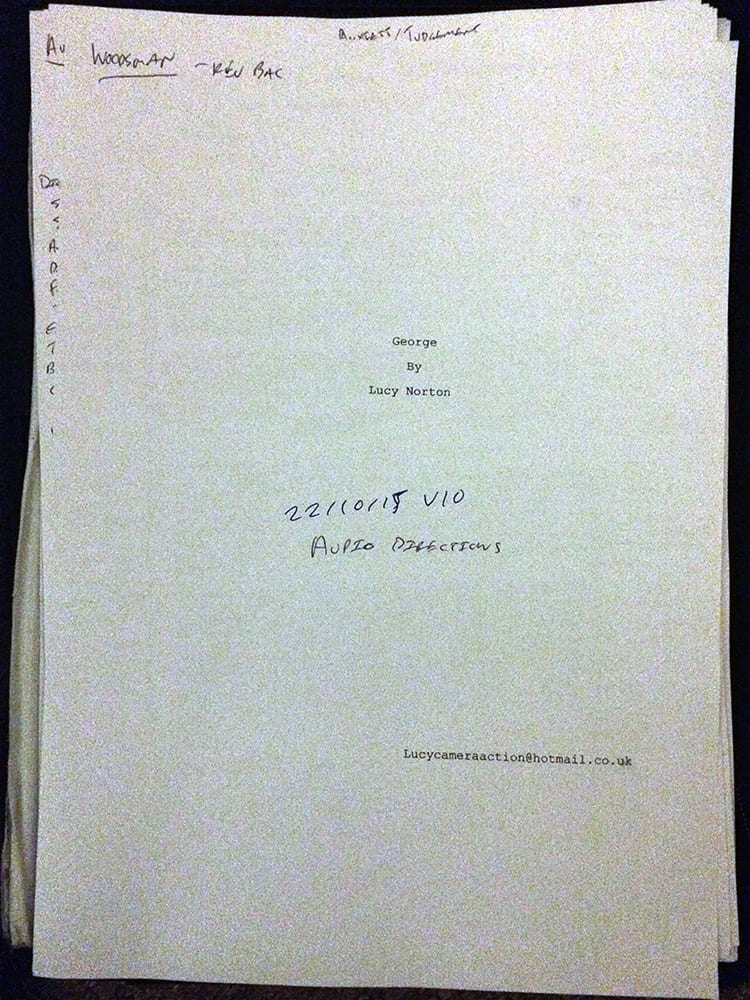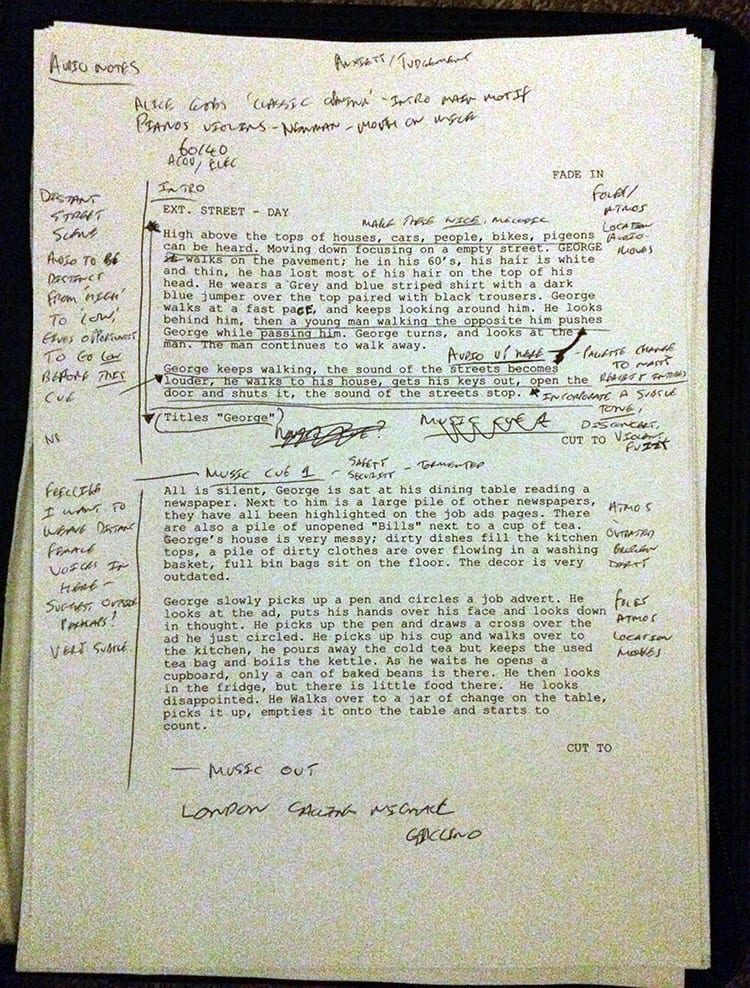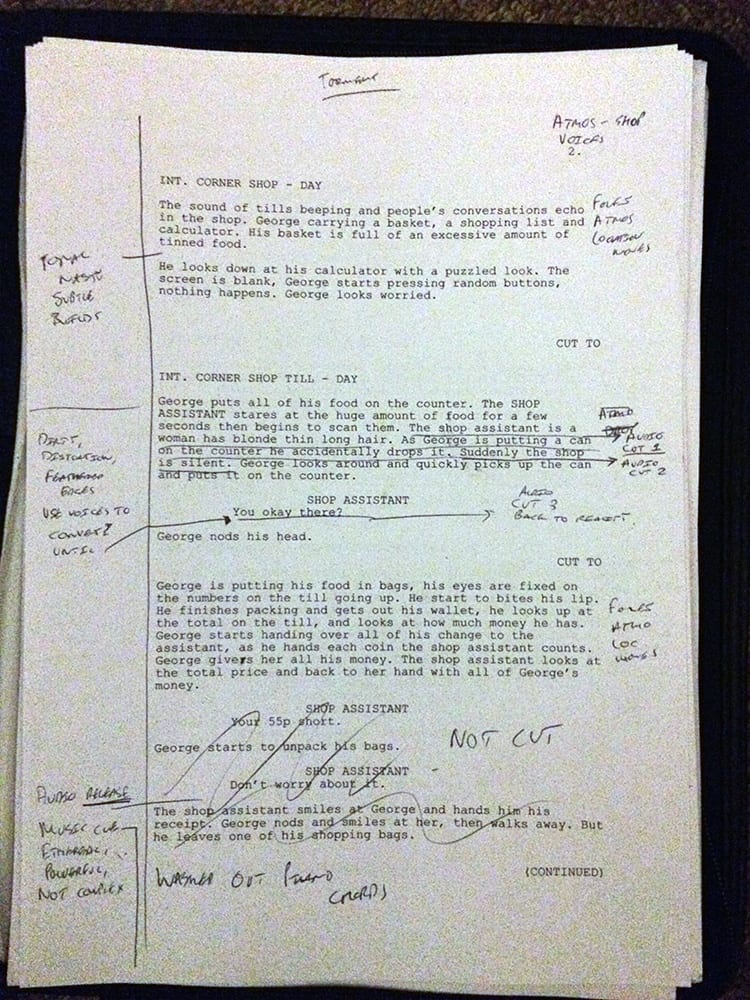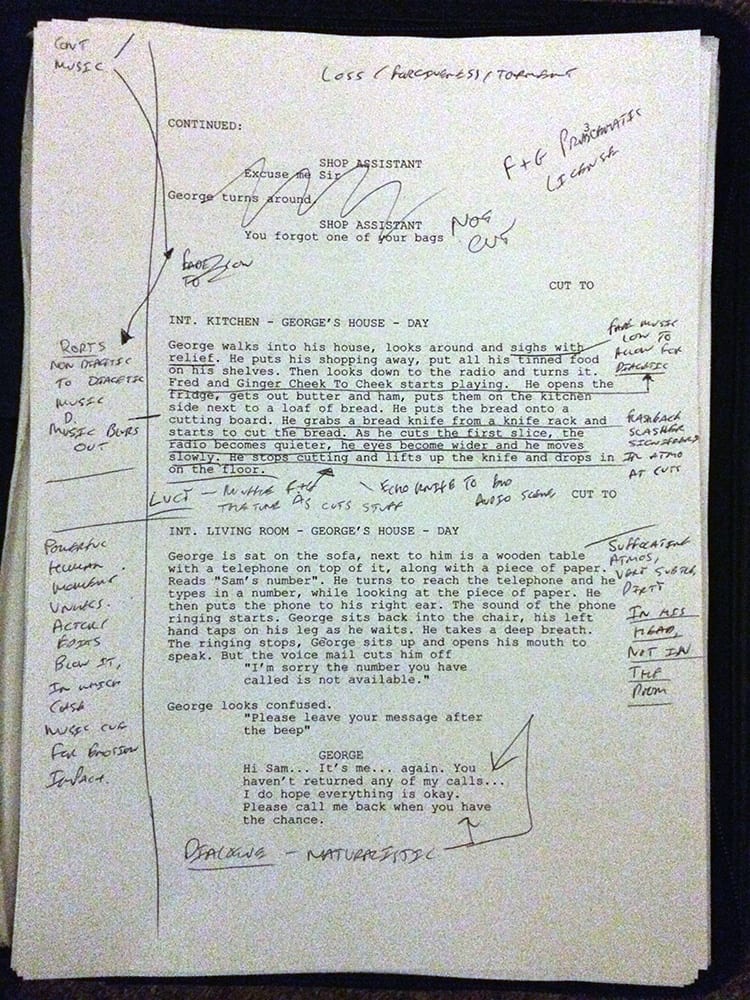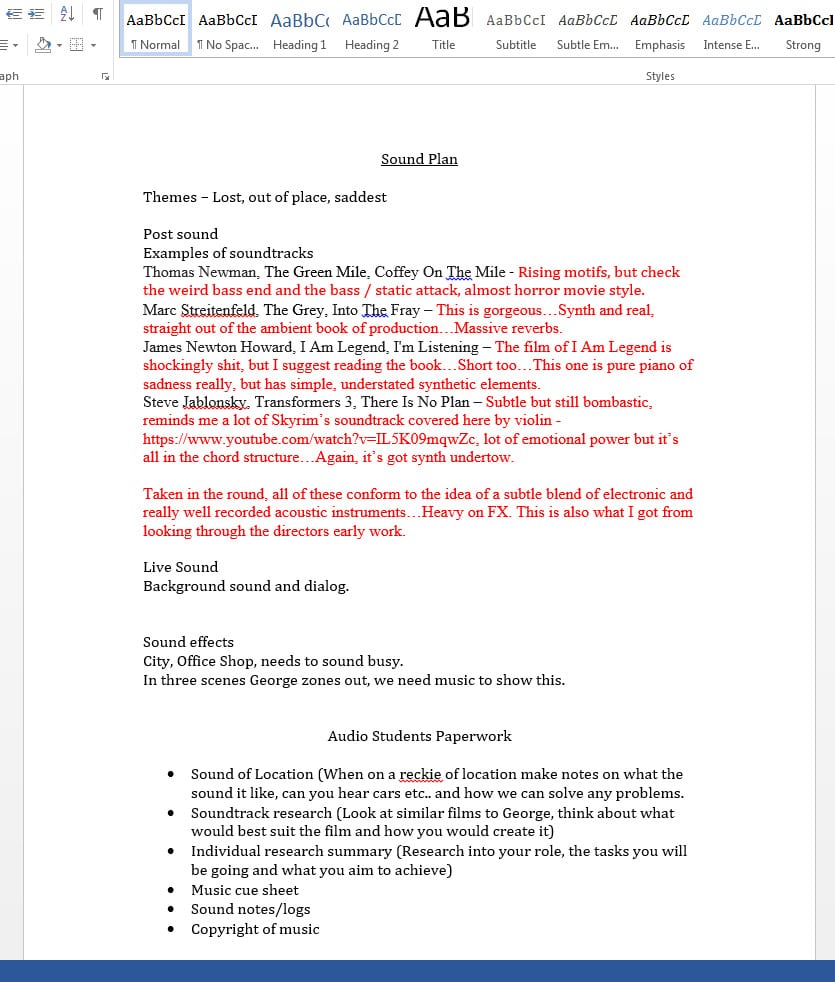Grant Bridgeman is a BAFTA nominated location sound recordist and sound designer.
This extra teaching session with him was largely based around the students in attendance asking questions as many of us (including our group) had been recording on location several times over the previous couple of weeks.
In our case this was particularly useful – Grant was able to answer a question which had been raised during our shoot about working with boomed microphones in wet or damp conditions, amongst others, specifically how long this equipment tends to be able to manage in wet weather before performance is effected. Not very long is the answer, and Grant provided several practical options for mitigating issues caused by adverse weather. He also discussed some methods of managing less than professional crews, some tips for handling moving shots, and the critical importance of preparation, reconnaissance and early communication of potential issues when working on location with film crews.
He also covered some of the intricacies of the various microphones often used for location work, and gave several tips for getting better results out of tricky situations.
It was extremely useful to be able to run our recent experiences in the field past a professional with 20+ years experience, and the information we took away from this session has already proven valuable in our planning of the location audio for the remainder of ‘George’.
– 185 words
KEY POINTS –
Professional feedback on technical process for location recording and on process for managing tricky working relationships –
Contribution + Role, Individual reflection on learning and team role, Application of skills and conduct in production.
Learning Outcomes –
To contribute extensively to the practicalities of creating and recording music for, and of recording location sound for the piece.
To successfully manage the audio team’s interaction with film’s director, editor and producer on a practical and creative level, and ensure the audio team’s work is delivered on time and to a good standard
